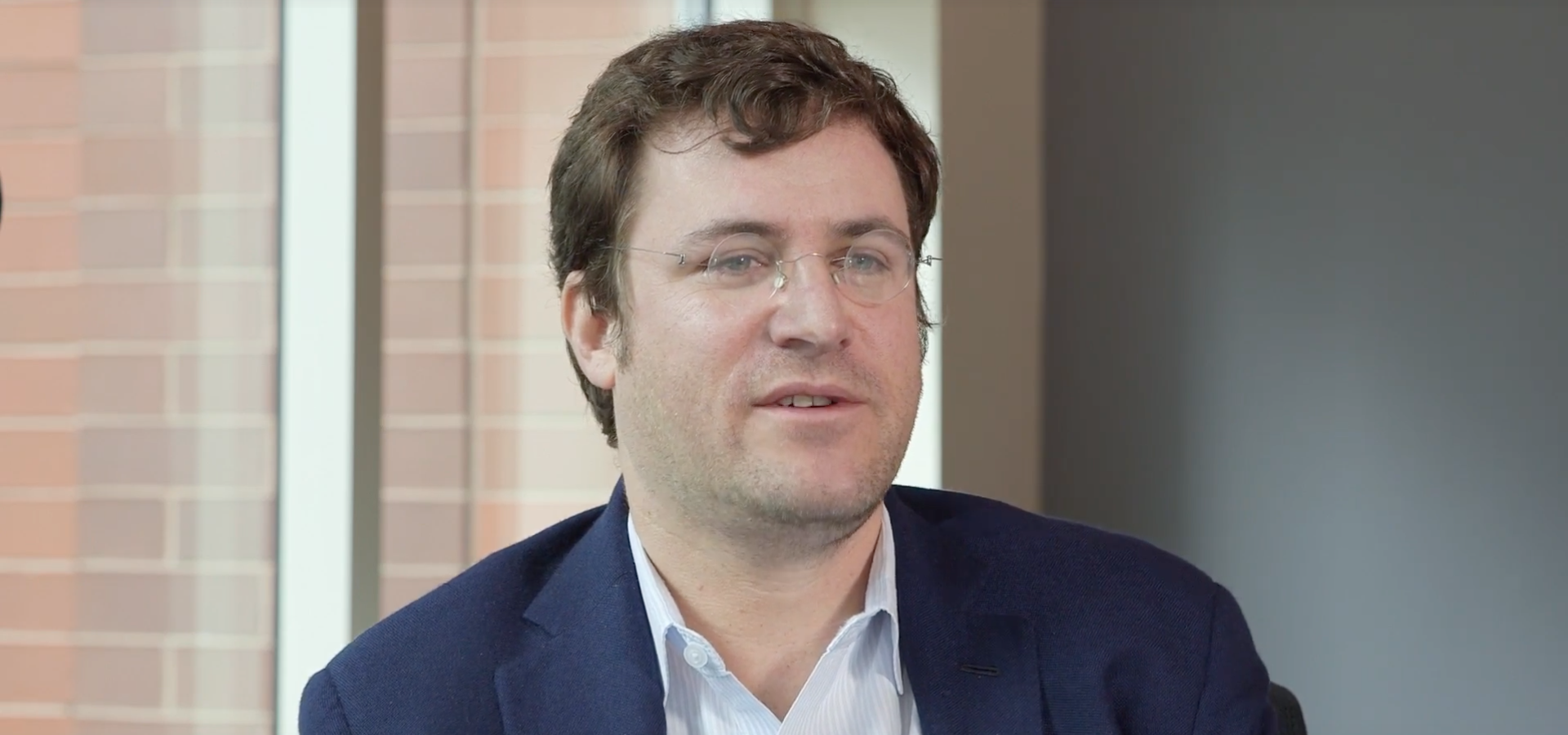A federal appeals panel appears to have given clear sailing to the largest class action settlement ever over improper telemarketing calls, perhaps at last allowing a $76 million payout to steam out of port.
On March 19, the U.S. Seventh Circuit Court of Appeals dispensed with appeals tying up loose ends in the years-long litigation against cruise lines and others accused of allegedly using nonprofit surveys to mask telemarketing calls.
The case has floated about Chicago’s federal courts since it was filed in 2012. At that time, attorneys from the firms of Edelson P.C. and Loevy & Loevy introduced into federal court their allegations on behalf of a class of thousands of claimants that a group of vacation-industry defendants had allegedly violated the federal Telephone Consumer Protection Act (TCPA) by placing about 1 million unsolicited calls through a phone polling company in 2011-2012.
During these calls, an automated voice allegedly told recipients they could be eligible for a “free cruise” to The Bahamas if they took a political survey.
At the end of the call, those interested could be connected to a representative of defendant Caribbean Cruise Line. However, those receiving the allegedly “free cruises” were required to pay taxes and fees, and others were offered a different package if they were willing to tour a timeshare facility.
The case was docketed in Chicago federal court as Grant Birchmeier, et. al., v. Caribbean Cruise Line Inc., et. al.
Defendants named in the action included Caribbean Cruise Line, phone polling and telemarketing company Economic Strategy Group and timeshare operators, including the Berkley Group and Vacation Ownership Marketing Tours.
The defendants had argued the calls were legal, because they were made by a nonprofit group conducting political surveys, which is exempt from the TCPA law. Those arguments were rejected, however, and before the case went to trial, the defendants agreed to settle, under a deal worth at least $56 million, and as much as $76 million, depending on how many people submitted approved claims under the settlement. The settlement continues to rank as the largest ever under the TCPA law.
Judge Kennelly approved the settlement, and signed off on as much as $18 million in fees for the Edelson and Loevy lawyers. They had requested more than $24 million, but Kennelly reduced the lawyers’ payout amid concerns the fee request was excessive.
Certain members of the class challenged the fee award. But the Seventh Circuit upheld the settlement and attorney fees in 2018.
In the three years since, the courts have sorted out challenges brought by defendants against tens of thousands of claimants, who were seeking a cut of the payout.
One woman, for instance, attempted to claim she had received 700 of the telemarketing calls, worth $500 each under the settlement.
Judge Kennelly assigned a large share of the task of sorting out many of those challenged claims to a court-appointed so-called special master.
Kennelly also held hearings to address some of the broader questions related to the challenges.
After Kennelly dealt a final ruling on the challenges in 2019, two appeals were filed – one, brought by a group of three defendants, and another by the woman who claimed to have received 700 calls.
On appeal, the Seventh Circuit upheld Kennelly’s decision to reduce her claims to 15 calls.
And the appellate judges further brushed aside the defendants’ appeal. In that appeal, the defendants had challenged the court’s decision to abide by the claims administrator’s decision to assume that claimants had each received at least three telemarketing calls, when they could not prove the total number of calls they had actually received. The claims administrator had applied that assumption to as many as 95% of such claimants.
The appeals judges noted Kennelly had sided with the claims administrator’s approach, because the claims administrator had based the assumption on information gleaned from various sources, while the defendants had argued such claimants should be restricted to information contained on the official “class list.”
“We think that the district judge’s opinion says all that need be said about the objections that the defendants have raised on appeal,” the Seventh Circuit judges said in their order.
In response to the ruling, one of the lead attorneys for the plaintiffs, Jay Edelson, of the Edelson firm, tweeted: “For those that have been patiently waiting to see if the Birchmeier TCPA case really was $76m, the 7th Circuit has now ended the debate. Full $76m will be paid out.”
As of March 23, the official settlement website, FreeCruiseCallClassAction.net, had not yet been updated to indicate when payments might be made to claimants under the settlement.
Defendants have been represented by attorneys from the firms of Greenspoon Marder, of Fort Lauderdale, Fla.; Rose, Harrison & Gilreath, of Kill Devil Hills, N.C.; and the Chicago-based firms of Tabet, DiVito & Rothstein; Mayer Brown; and the Forde Law Offices.
